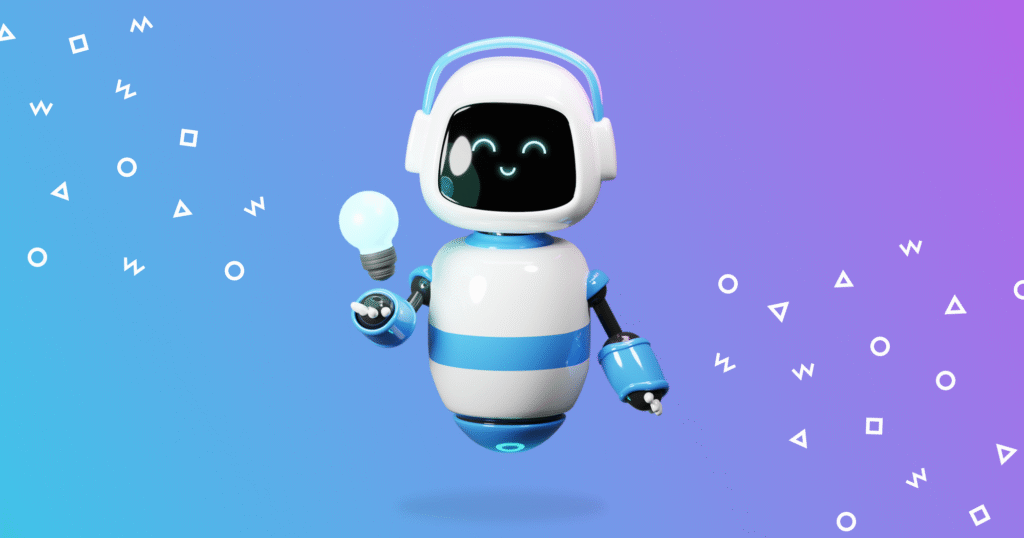AI-Powered Virtual Assistants Now Offering Emotional Support in New Healthcare Initiative.

AI News: AI-Powered Virtual Assistants Now Offering Emotional Support in New Healthcare Initiative
Artificial intelligence (AI) has been revolutionizing various sectors, and healthcare is no exception. One of the groundbreaking developments in this field is the implementation of AI-powered virtual assistants designed to offer emotional support. These virtual companions are making waves by improving patient care and well-being through empathy and nuance in their interactions. This initiative marks a significant step forward in how technology can enhance human-centric healthcare.
Understanding AI-Powered Virtual Assistants
AI-powered virtual assistants have been around for a while, primarily assisting with tasks like setting reminders, providing weather updates, or offering navigation guidance. They are now taking a monumental leap by becoming integral components in healthcare. But what exactly are they, and how do they function in this new role?
At their core, these virtual assistants are sophisticated algorithms capable of processing natural language and exhibiting contextual understanding. They are equipped with machine learning models that allow them to respond to user queries with an understanding of subtle emotional cues. By analyzing vocal intonation, text patterns, and user interactions, they can approximate human-like sensitivity and empathy.
—–
The Role of AI in Emotional Support
The pivot towards offering emotional support comes from a growing recognition of the importance of mental health. Healthcare providers and technology firms are collaborating to design AI systems that can provide patients with a comforting and supportive presence. These virtual assistants serve as round-the-clock support, offering conversation and empathy to those who may need someone to talk to.
Examples of Applications
1. Mental Health Support: AI-powered virtual assistants can support individuals dealing with anxiety, depression, or stress by engaging them in meaningful conversations, suggesting mindfulness practices, and providing guided mental health exercises.
2. Chronic Illness Management: For patients managing chronic illnesses, these virtual assistants offer reminders for medication, helpful dietary advice, and a listening ear for expressing concerns or frustrations.
3. Elderly Care: In eldercare, AI assistants provide companionship and monitor the emotional well-being of the elderly, reporting any significant changes to healthcare providers or family members.
—–
Advantages of AI-Powered Emotional Support
The introduction of AI in this realm brings numerous benefits, further justifying its growing inclusion in modern healthcare initiatives.
Accessibility and Availability
Traditional mental health services often face challenges such as lengthy waiting times and limited accessibility. AI-powered assistants offer an accessible and immediate support mechanism around the clock. Their continuous availability ensures that patients are never left unsupported, bridging the gaps in human-delivered care.
Personalization
AI algorithms can tailor their interactions based on individual preferences and past conversations. This personalization leads to more meaningful and supportive interactions. For instance, a virtual assistant can remember a user’s favorite hobbies and engage them in topics that uplift their spirits.
Reduction of Stigma
Many individuals shy away from seeking mental health support due to social stigma. Interacting with a non-judgmental AI assistant can encourage people to open up and seek help when they might otherwise remain silent.
—–
Challenges and Ethical Considerations
Despite their numerous advantages, AI-powered virtual assistants also present complex ethical considerations and challenges that must be addressed to maximize their efficacy and safety.
Ensuring Privacy and Security
Handling sensitive emotional and health-related data necessitates stringent security measures. Developers must ensure that AI systems comply with healthcare regulations and protect patient confidentiality to maintain trust.
Avoiding Misdiagnosis
While AI-powered assistants can provide emotional support, they must be designed to manage expectations and not replace professional human therapists. They should serve as supplementary support, where complex cases are referred to qualified professionals for in-depth diagnosis and treatment.
Bias and Fairness
AI systems learn from data, and any inherent biases in their training sets can lead to skewed or unfair outcomes. Continuous auditing and updating practices are essential to mitigate these risks and ensure equitable support for all users.
—–
Future Prospects and Conclusion
The convergence of AI and emotional support in healthcare is an exciting frontier with enormous potential. As technology continues to evolve, AI-powered virtual assistants are likely to become more sophisticated, offering even more nuanced and effective emotional support. We can expect future iterations to be indistinguishable from human interactions, thanks to advancements in machine learning and natural language processing.
The collaboration between tech companies, healthcare providers, and regulators will be crucial in navigating the challenges and unlocking the full potential of AI in mental and emotional health sectors. By striving for technological, ethical, and regulatory advancements, we are on the path towards a future where AI plays an indispensable role in holistic healthcare.
In conclusion, AI-powered virtual assistants are revolutionizing the way emotional support is integrated into healthcare, offering patients unprecedented access to empathetic and personalized care. While challenges remain, the ongoing development of these systems is a testament to the transformative power of AI, paving the way for a promising and supportive healthcare landscape.







